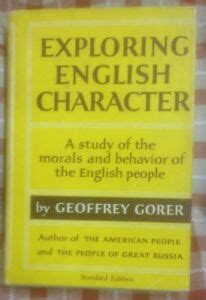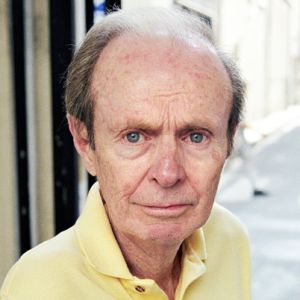A Quote by Wayne Dyer
I was inspired to spend an entire year - my 65th year - reading, researching, and meditating on Lao-tzu's messages, practicing them and ultimately writing down these insights as I felt Lao-tzu wanted us to know them.
Quote Topics
Related Quotes
The disciples were absorbed in a discussion of Lao-Tzu's dictum: "Those who know, do not say; Those who say, do not know." When the master entered, they asked him what the words meant. Said the master, "Which of you knows the fragrance of a rose?" All of them indicated that they knew. Then he said, "Put it into words." All of them were silent.
I don't know! Nobody has ever known. Why would Jesus have remained unmarried if he had known the secret? He knew the secret of the kingdom of God, but he did not know the secret of remaining happy in marriage. He remained unmarried. Mahavira, Lao Tzu Chuang Tzu, they all remained unmarried for the simple reason that there is no secret; otherwise these people would have discovered it. They could discover the ultimate - marriage is not such a big thing, it is very shallow - they even fathomed God, but they could not fathom marriage.
If you want a peaceful place to dwell Cold Mountain is guaranteed forever A light wind blows softly in the pines The sound is good when you are close One old man sits beneath the trees Reading Lao Tzu and Huang Ti, mumbling I could not find the world if I searched ten years I've forgotten the road by which I came
Lao Tzu says: "Accept yourself. Non-acceptance is the root of all the trouble." None of us accept ourselves. The more a person doesn't accept himself, the greater a mahatma he looks to others to be. We are our greatest enemy. If we had our way, we would cut ourselves to pieces in order to remove what was unacceptable.
Not only are we going to shift in our own lives - away from always trying to identify ourselves on the basis of what we have, what we do, and who we are better than, and so on - but shift into more reaching out, more service, more kindness, more living the virtues that Lao Tzu spoke about twenty-five hundred years ago.


































